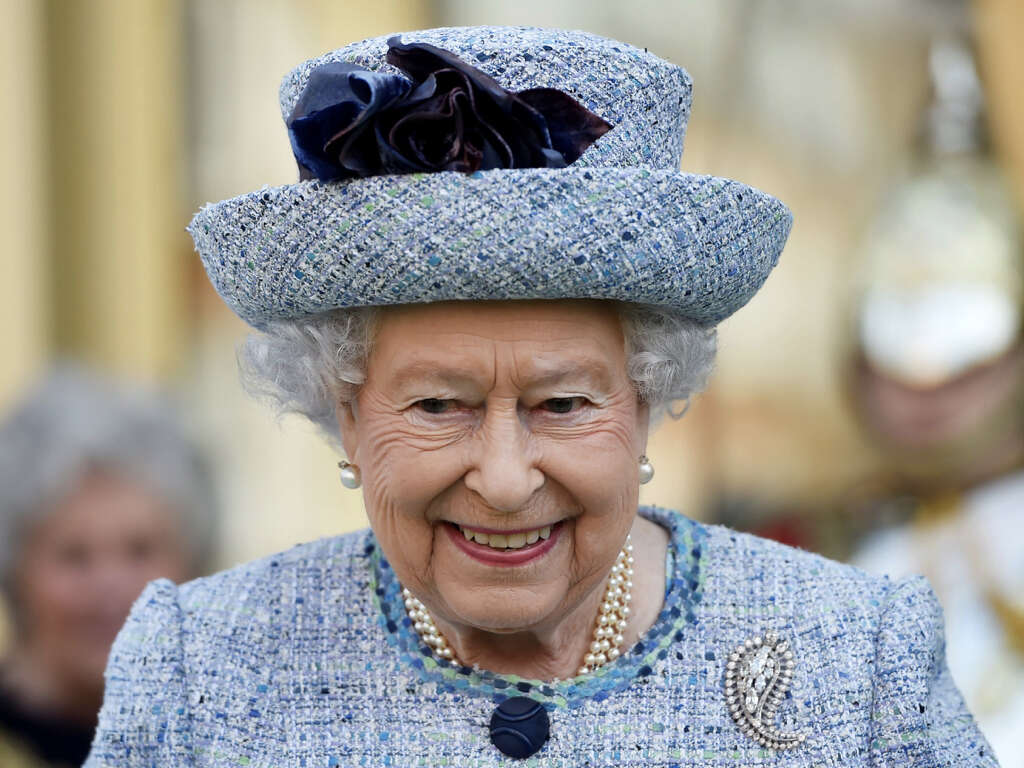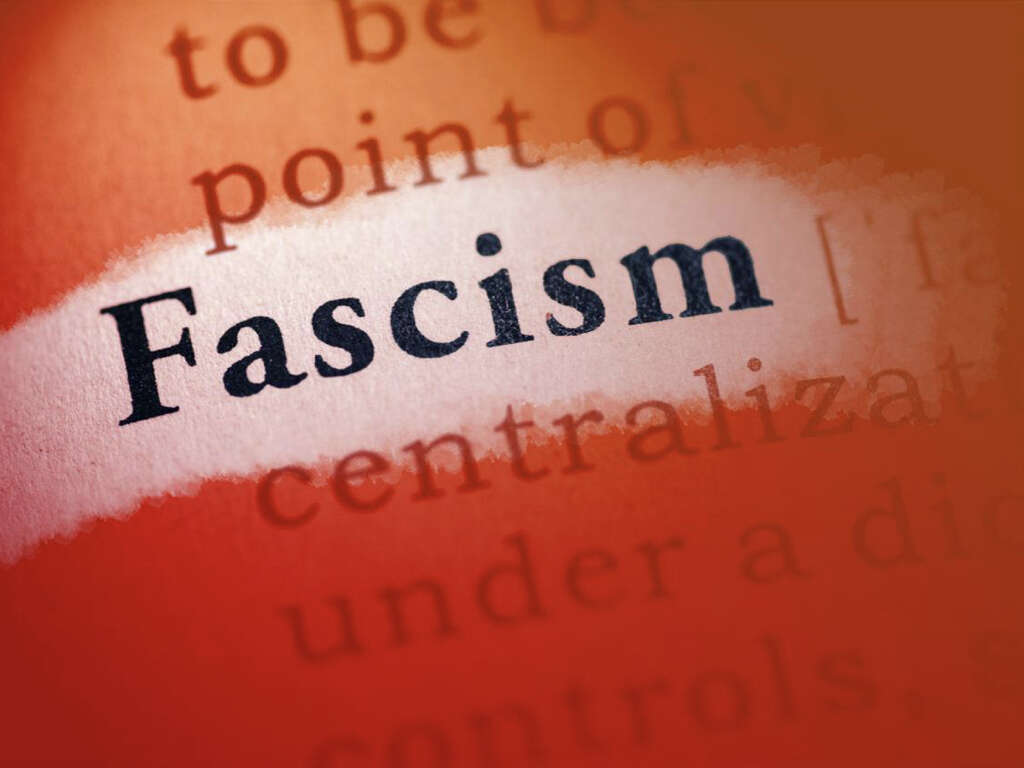What Is an Oligarchy?
In short, an oligarchy is system of government where just a relative few people are in control over the rest of the population. Those at the top are often a family, or just a few families, but that is not always the case. At other times, it might be a number of otherwise unconnected business people that exert power over the people due to their vast wealth.
Oligarchies are often oppressive, but not always. They can be compatible with different forms of government, ranging from fascism, to communism, and even democracies. There have been various examples of oligarchies throughout history, while there are still examples of oligarchies in existence today.
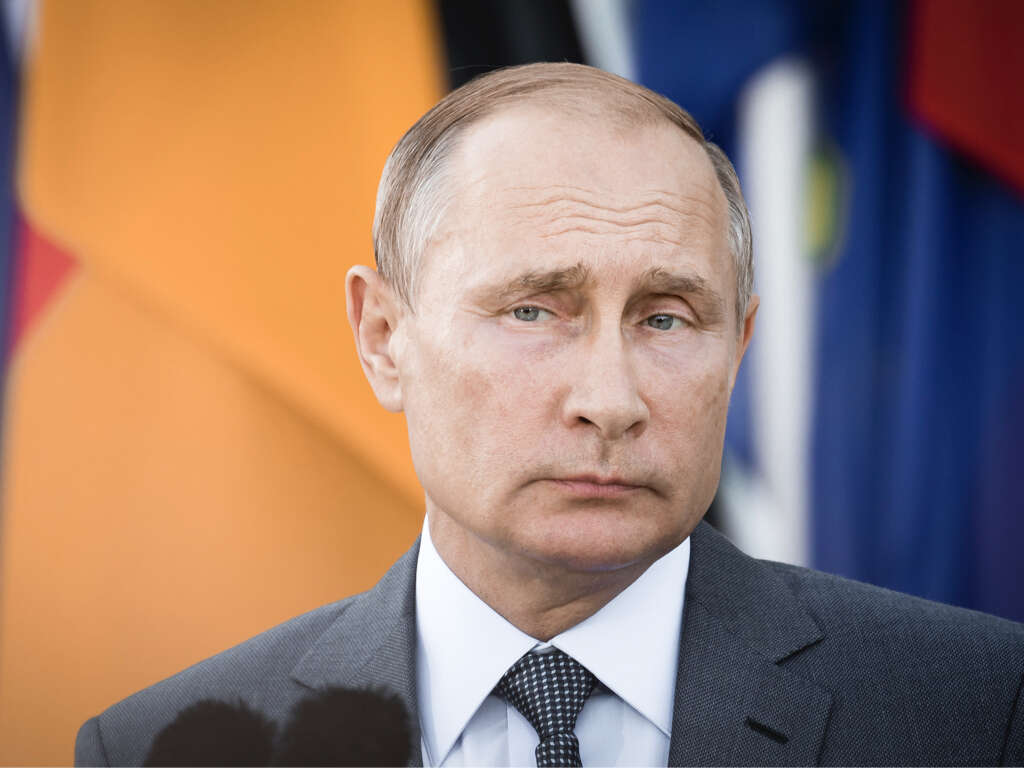
1. Russia
Russia has been an oligarchy since around the 1400s, with those in control having a tight grip over the rest of the country. The country’s leader, including the current President, Vladimir Putin, are propped up by some extremely wealthy and powerful backers that get to pull the strings and influence policies in their favor. The Russian oligarchy has a very tight grip over the wealth of its citizens. In order to become wealthy themselves, citizens will have to toe the line with the country’s leading factions. Some of Russia’s wealthiest citizens make investments abroad to protect their wealth from sanctions and similar that might be imposed by the oligarchs.

2. Saudi Arabia
The large Saudi monarchy have a very tight rule over the nation. The monarch is expected to distribute power among the rest of the family, with family members being appointed into various positions. The current monarch is Salman bin Abdulaziz Al Saud who, since 2015, is both the king and the prime minister. Saudi Arabia, and the nation’s monarchy, hold a great deal of political power globally.
This is largely because they are a major oil producing nation and, as such, have the ability to manipulate oil prices globally. The family are often criticized externally for brutal and archaic laws and alleged crimes against humanity.

3. Ukraine
Ukraine is an Eastern European nation that shares its border with Russia. The nation has recently been in dispute with Russia over their much larger neighbor’s annexation of the Crimea peninsula. When Ukraine became independent in 1991, a group of oligarchs arrived on the scene. In 2008, 85% of Ukraine’s GDP was owned by the 50 wealthiest people.
These few people had immense power over Ukraine, helping to dictate government policy to their own benefit with little to no resistance. It is suspected that some of these oligarchs are influencing government policy to further their own business interests with Russia at the expense of Ukraine’s trading relationships with Europe.

4. Iran
Iran is a Middle Eastern country that was once home to one of the first civilizations on the planet. In 1963, the country saw the Iranian revolution, which saw the removal of Shah Pahlavi from power, and Ayatollah Ruhollah Khomeini, who led the revolution, took his place. Ayatollah Ruhollah Khomeini chose Ayatollah Ali Khamenei as his successor, and, when he became the supreme ruler, Khamenei gave key government positions to his friends and family.
A group of friends and family are now the ruler powers over Iran, with governmental positions decided by the oligarchy. The family are often criticized for a brutal reign as well as belligerent foreign policies.
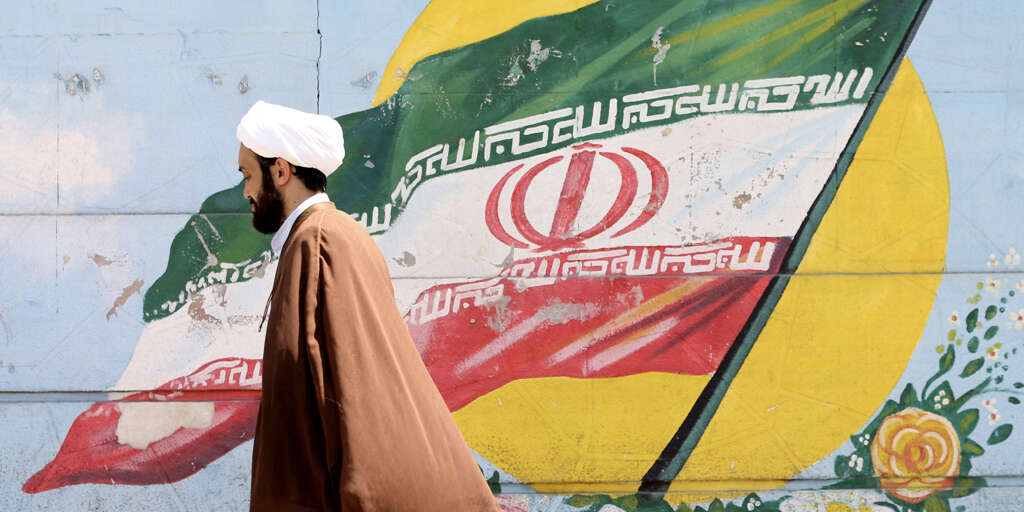
5. South Africa
South Africa is the southernmost nation of the African continent. Between 1948 and 1994, apartheid existed in the country. Apartheid was a systematic racist policy that saw indigenous colored people given fewer rights than the white people that were mostly the descendants of Dutch colonists.
The white population of South Africa of the time made up just around 20% of the population and those that were in government held strict control over the rest of the population, especially the oppressed black population. It was president F.W. de Klerk that began to dismantle apartheid and, in 1994, Nelson Mandela became the nations’ first black president. This marked the end of apartheid, and of the oligarchy.

6. Turkey
Turkey is a nation that straddles both Eastern Europe and Western Asia. It is a country that is rich in history, has a fairly strong economy, and is also a popular tourist destination. Officially, Turkey is a unitary presidential constitutional republic. Turkey is also controlled largely by the Koc family, who are by far the wealthiest family in the country.
The family owns various business, including the Tupras oil refining business, which the family bought directly from the government. Such is their wealth that they have significant influence over government policy and foreign investors will often find themselves dealing with the Koc family directly.
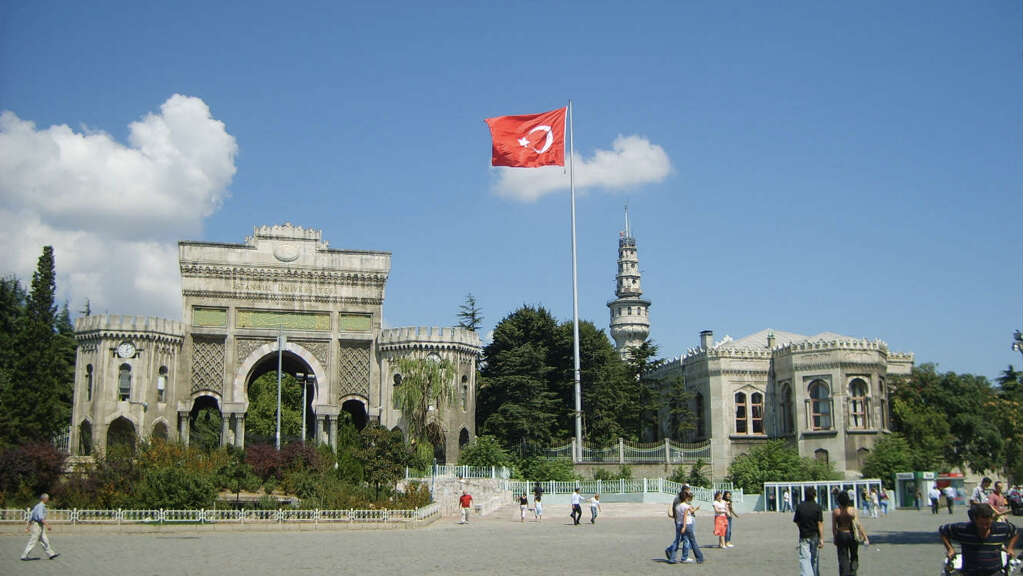
7. Venezuela
Venezuela is a South American nation that borders Columbia and Brazil. Hugo Chavez was the president of Venezuela from 1999 until his death in 2013. In 2010, Chavez introduced reforms that some people argue were the beginning of the nation’s current crisis. Chavez was succeeded by Nicolas Maduro, and the nation’s problems have worsened under his rule.
Maduro is also heavily influenced by oligarchs, which consist of the political heirs of Hugo Chavez and powerful drug cartels. The current political and socioeconomic crisis is considered to be the worst in the country’s history. Such is the crisis in Venezuela currently that more than 5,000 extrajudicial killings are thought to have been carried out by the government so far.
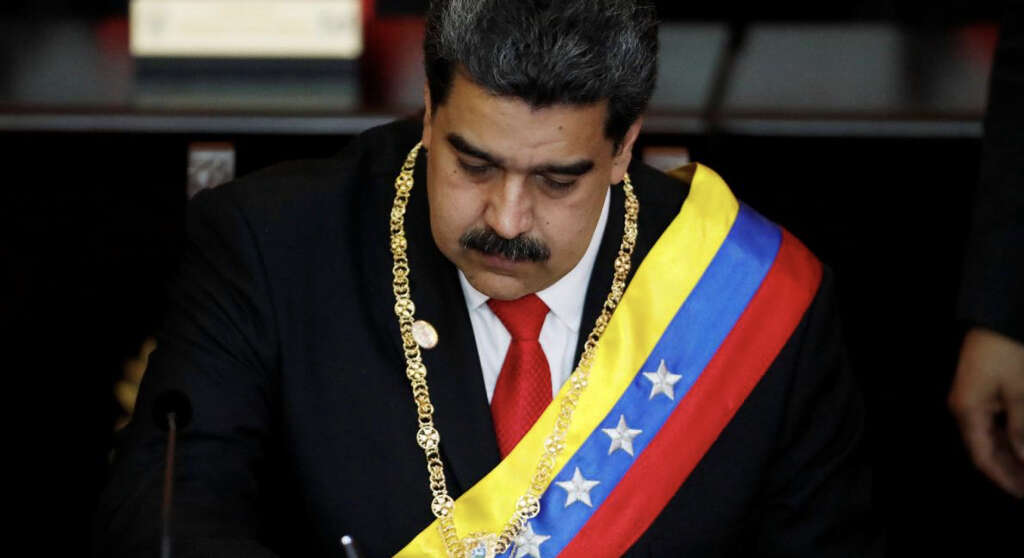
8. North Korea
North Korea is the most secretive and isolated nation on the planet. Since the end of the Korean War, the north has kept its borders firmly closed. The country experiences widespread poverty and food shortages, occasionally leading to famines that claim millions of lives. North Korea is ruled by Kim Jong-un, a totalitarian dictator who succeeded his father, Kim Jong-il.
Only a select few family members and trusted associates are given positions in the government. The regime is known for its brutality and indifference to their peoples’ suffering, and they remain almost persistently aggressive toward neighbors South Korea and to the United States. It is hard to be sure that North Korea is indeed an oligarchy, but it is likely that other members of the ruling party have considerable influence over politics, with Kim Jong-un as the figurehead.
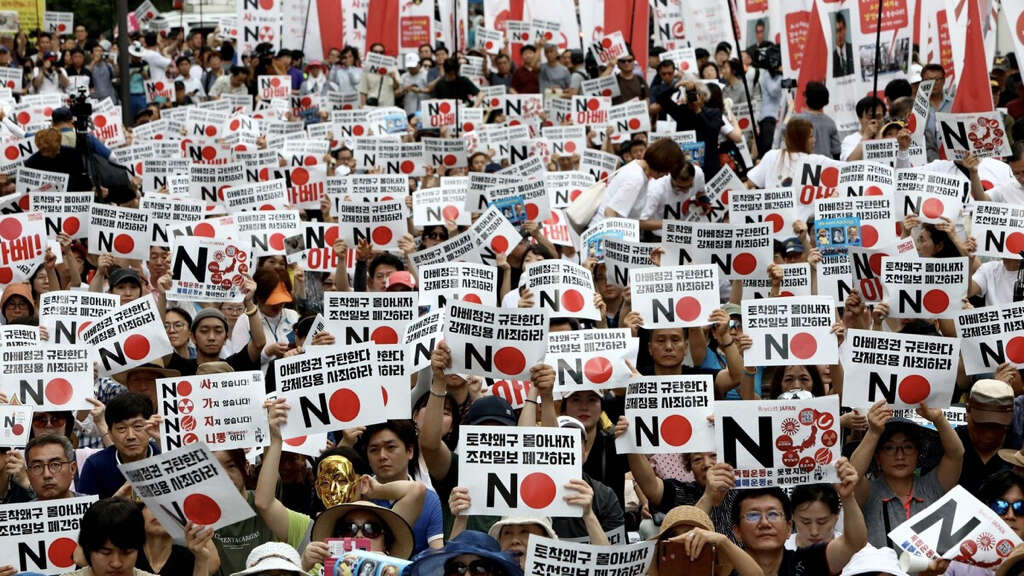
9. Sparta
Sparta was a civilization in ancient Greece. It was a powerful city-state with a strong military that held great influence in Greece and further afield. Sparta’s entire economy was geared up toward a strong military, and it was ruled by two kings from separate families, making Sparta an ancient oligarchy. Although from separate families, both of the kings were alleged to be descendants of Heracles.
The two each held equal power with each one able to veto the decisions of another. It is difficult to be sure just how much power the rest of the population held in Sparta because documentation of the time is sparse.
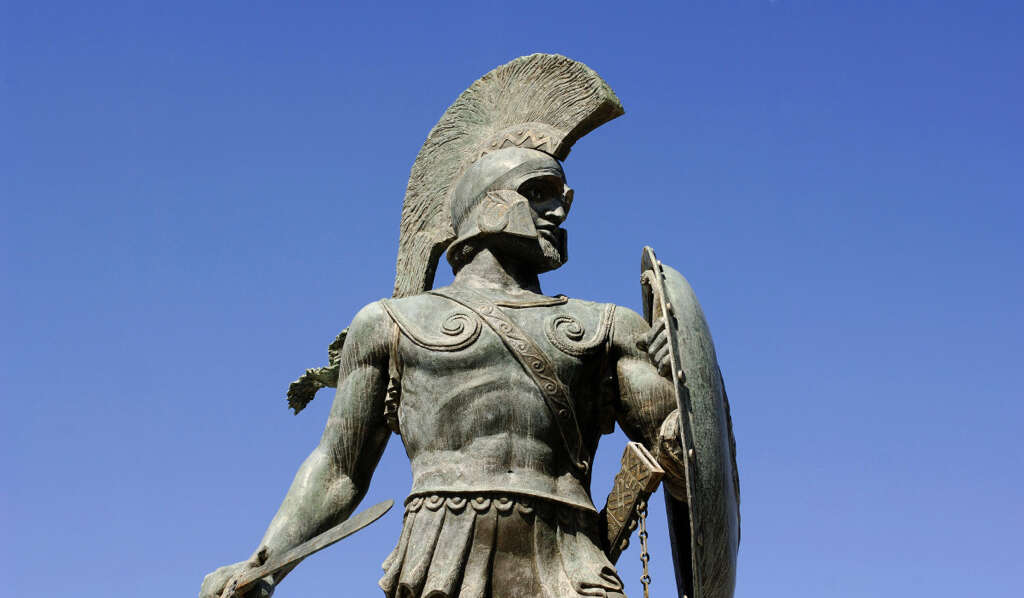
10. United States
The United States of America is among the most powerful nations on the planet, with a GDP and a military that dwarfs those of many other nations. It is also a democracy and all citizens are allowed to vote. With powerful corporations that have a powerful influence over politics, however, many consider the United States to be a capitalist oligarchy.
Studies show that governmental policies often favor the powerful elite that use their wealth to help influence government to act in their favor. One example is the Koch family who donated heavily to the Republican party in exchange for being able to influence the shape of politics in the country.





